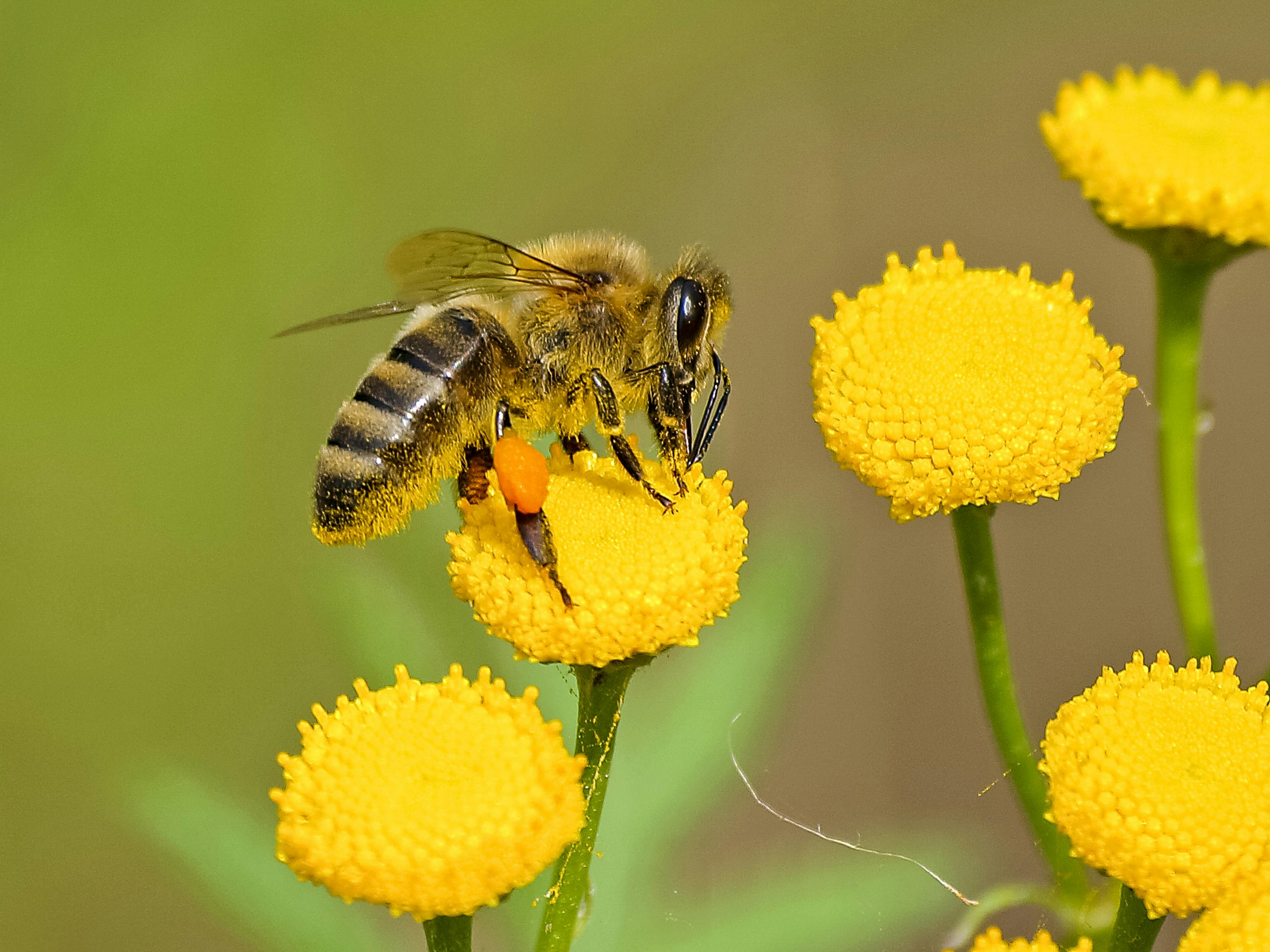A Closer Look at the Increasing Popularity of Urban Beekeeping
Introduction: Urban beekeeping is an exciting trend that has captured the attention of city dwellers around the globe. This article delves into the fascinating world of this unique hobby, exploring its history, current trends, and future prospects. Urban beekeeping is not a new concept. As early as the 19th century, city dwellers in Paris and London have been keeping bees on rooftops and in gardens. However, this practice began to flourish globally in the late 20th century, with the rise of urban farming and sustainable living movements. What started as a niche hobby has now evolved into a widespread urban practice, with beekeepers in major cities like New York, London, and Tokyo.

Urban Beekeeping Today: A Global Trend
Today, urban beekeeping has gained significant momentum due to increased awareness about the crucial role bees play in pollination and the global decline in bee populations. Many city dwellers have turned to beekeeping as a way to contribute to environmental conservation. In response, several cities have revised their regulations to accommodate and support this practice. For instance, New York City lifted its ban on beekeeping in 2010, leading to a surge in urban apiaries.
The Impact of Urban Beekeeping on the Market
The rise of urban beekeeping has had a significant impact on the market. The demand for beekeeping equipment has increased, with items such as beehives, bee suits, and bee smokers experiencing a surge in sales. Furthermore, urban-produced honey is becoming a sought-after product, often selling at premium prices due to its unique flavors influenced by the diverse flora found in cities.
The Science Behind Urban Beekeeping
Urban beekeeping isn’t just a hobby—it’s a science. Research has shown that urban bees are often healthier and more productive than their rural counterparts due to a higher diversity of plant species in urban areas. Additionally, many urban beekeepers engage in ‘bee-friendly’ practices, such as avoiding pesticides, which contribute to healthier bee colonies.
The Future of Urban Beekeeping
Looking forward, the future of urban beekeeping seems promising. As cities continue to support this practice and as consumers show increasing interest in locally produced honey, urban beekeeping is poised to grow. However, it’s essential that potential beekeepers are educated about responsible beekeeping practices to ensure the welfare of these crucial pollinators.
Urban beekeeping is a remarkable trend that is reshaping cities around the world. As more individuals take up this practice, not only are they contributing to environmental sustainability, but they’re also partaking in a rewarding hobby that fosters a deep connection with nature.




